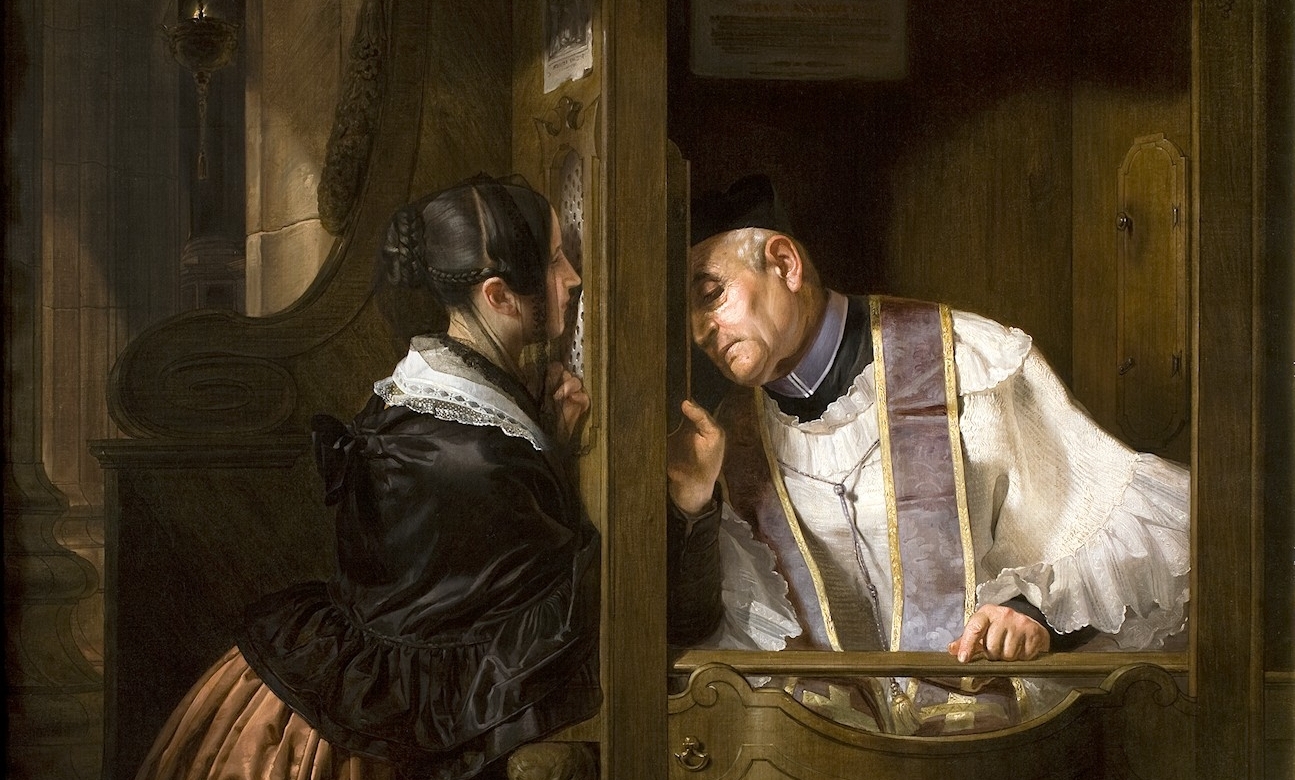Sacraments
Apparently, Facebook is listening: What about the Confessional?
Image: Public Domain In his testimony before the British Parliament, Cambridge Analytica whistleblower Christoper Wylie is testifying that Facebook has the ability to “listen in” on us as we go about our business at work and at home. Said Wylie: “On a comment about using audio and processing audio, you can Read more…
